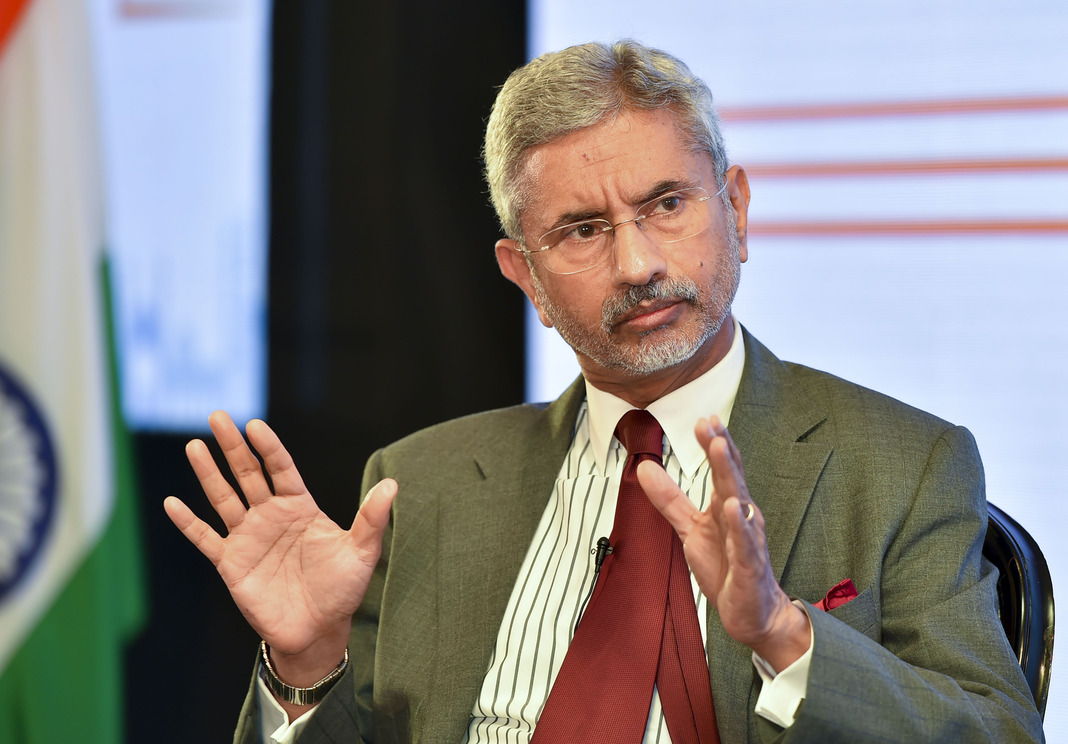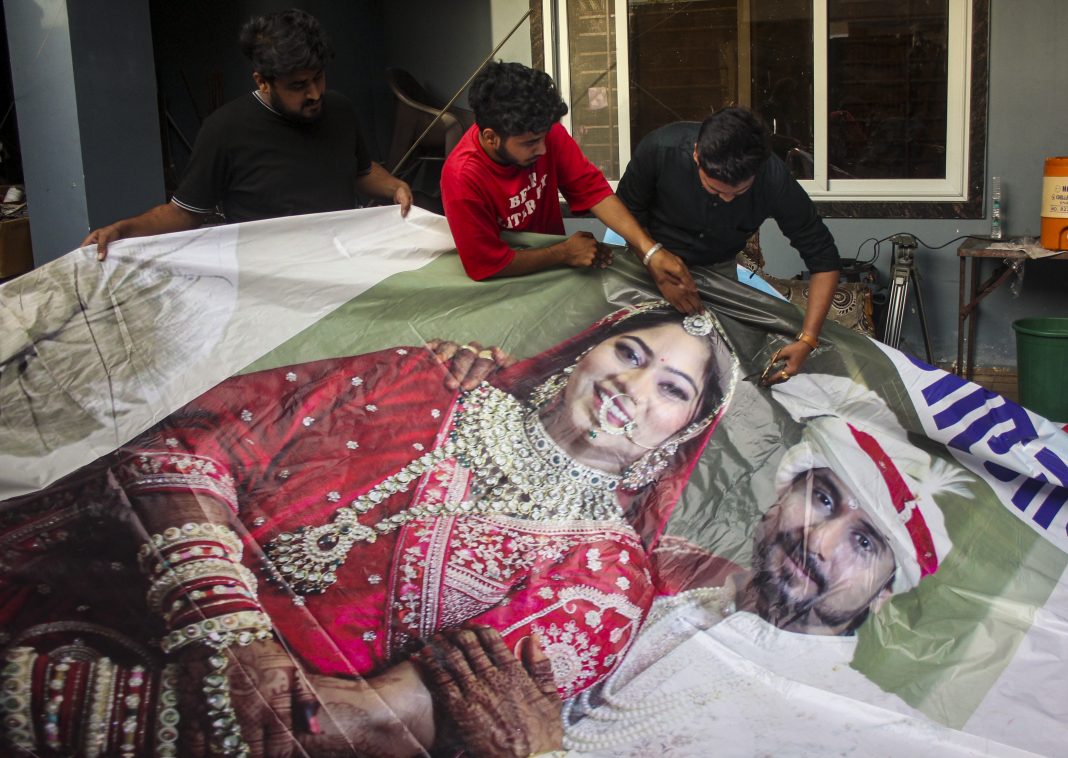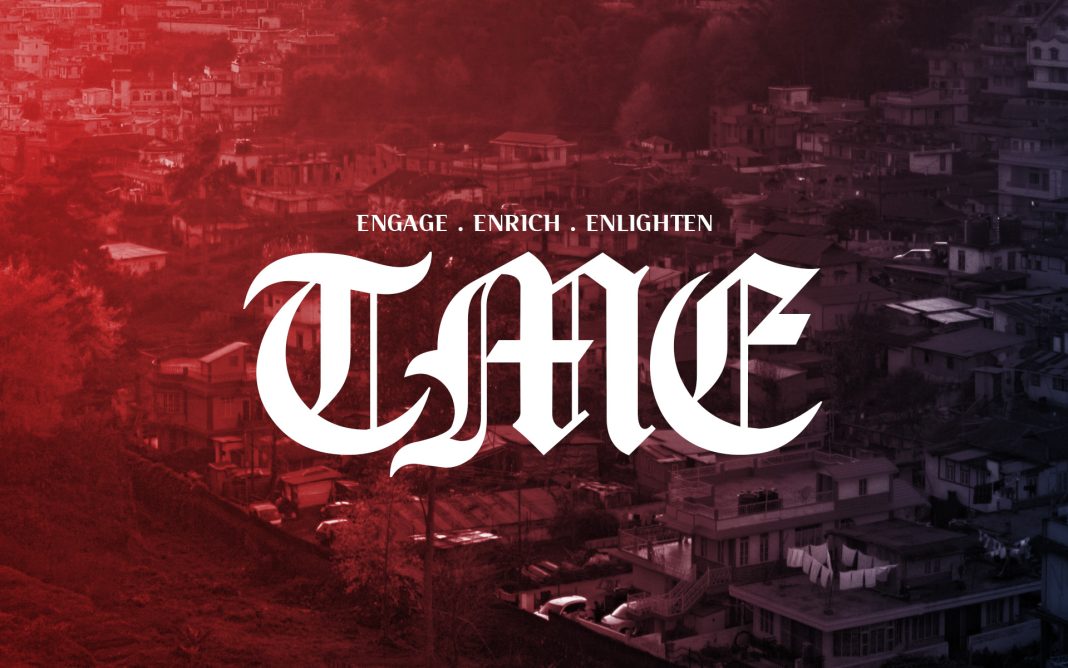
Brussels, June 11: External Affairs Minister S Jaishankar has said the recent confrontation between India and Pakistan was not just a mere conflict between two neighbours, but it was about combating terrorism, which will eventually come back to haunt the West.

Jaishankar, in an interview with the European news website ‘Euractiv’ Wednesday, also pitched for an EU-India free trade, underlining that India – a nation of 1.4 billion – offers skilled labour and a more trustworthy economic partnership than China.
“Let me remind you of something – there was a man named Osama bin Laden. Why did he, of all people, feel safe living for years in a Pakistani military town, right next to their equivalent of West Point?” Jaishankar, who is travelling to Europe a month after India launched Operation Sindoor in response to the Pahalgam attack, told Euractiv.
He was replying to a question on the recent four-day conflict between India and Pakistan.
“I want the world to understand – this isn’t merely an India–Pakistan issue. It’s about terrorism. And that very same terrorism will eventually come back to haunt you,” he said while criticising the international media for framing Operation Sindoor as a tit-for-tat between two nuclear-armed neighbours.
Tensions between India and Pakistan escalated after the Pahalgam terror attack on April 22, which claimed 26 lives. India carried out precision strikes on terror infrastructure in Pakistan and Pakistan-occupied Kashmir on May 7.
The on-ground hostilities from the Indian and Pakistan sides that lasted for four days ended with an understanding of stopping the military actions following talks between the directors general of military operations of both sides on May 10.
When asked why India has not joined the West’s sanctions against Russia, Jaishankar said that differences cannot be resolved through war.
“We don’t believe that differences can be resolved through war – we don’t believe a solution will come from the battlefield. It’s not for us to prescribe what that solution should be. My point is, we’re not being prescriptive or judgemental – but we are also not uninvolved,” he said.
He said India has a strong relationship with Ukraine as well – it’s not only about Russia. “But every country, naturally, considers its own experience, history and interests,” he added.
“India has the longest-standing grievance – our borders were violated just months after independence, when Pakistan sent in invaders to Kashmir. And the countries that were most supportive of that? Western countries,” he said.
“If those same countries – who were evasive or reticent then – now say ‘let’s have a great conversation about international principles’, I think I’m justified in asking them to reflect on their own past,” he added.
On a question about India’s place in the new geopolitical order, he said, “Multipolarity is already here. Europe now faces the need to make more decisions in its own interest – using its own capabilities, and based on the relationships it fosters globally.”
“I hear terms like ‘strategic autonomy’ being used in Europe – these were once part of our vocabulary,” he said, adding that the EU is a major pole in the global order – and increasingly an autonomous one – and India wants to deepen the relationship in this multipolar world.
On a question on the EU’s Carbon Border Adjustment Mechanism (CBAM), he said India is not opposed to it but it has “deep reservations”.
“Let’s not pretend – we’re opposed to parts of it. We have very deep reservations about CBAM and we’ve been quite open about it. The idea that one part of the world will set standards for everybody else is something which we are against,” he said.
The CBAM is the EU’s planned tax on the carbon emitted while making goods imported from countries like India and China. The move has sparked a debate at multilateral forums, including the United Nations climate conferences, as the poorer countries fear such tariffs will harm livelihoods and economic growth.
On the US-India ties, Jaishankar said, “Our aim is to advance every relationship that serves our interests – and the US relationship is of immense importance to us. It’s not about personality X or president Y.”
On ties with China, the minister said he has met with several European companies in India that have chosen to set up there specifically to de-risk their supply chains.

“Many companies are becoming increasingly careful about where they locate their data – they’d rather place it somewhere secure and trustworthy than simply go for efficiency. Would you really want that in the hands of actors you don’t feel comfortable with?” he said. (PTI)





